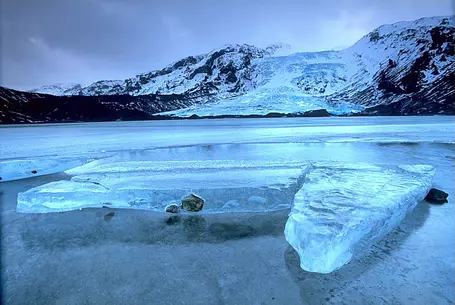Climate Detectives: Unit Overview
Why study Earth's climate history?

Investigating the causes of climate change.
Looking into Earth's climate history using proxy data can help scientists determine how much of the 20th century warming may be explained by natural causes, such as solar variability, and how much may be explained by human influences. Proxy data is a past climate record like ice cores and tree rings used to interpret paleoclimate. Organisms, such as diatoms, forams, and coral serve as useful climate proxies. is data that paleoclimatologists gather from natural recorders of climate variability, e.g., tree rings, ice cores, fossil pollen, ocean sediments, coral and historical records.
Most state of the art climate prediction is accomplished using large sophisticated computer models of the climate system. A great deal of research has been focused on ensuring that these models can simulate most aspects of the modern, present-day, climate. It is also important to know how these same models simulate climate change. This can be accomplished by comparing simulations of past climate change with observations from paleoclimatic records. So in a real sense, paleoclimatology helps us improve the ability of computer models predict what future changes in climate we might expect.
What will I learn?
In this unit, you will analyze sediment cores and search for clues about Earth's past climate history. You will travel along with a group of scientists who extracted sediment cores from several locations along the south coast of Alaska in the summer of 2013. You will conduct hands-on lab activities, watch videos, analyze the actual data from the expedition, consult maps and graphs, explore online interactives, and discuss ideas with your teacher and classmates, all of which will help you to gather evidence to determine when major climate events occurred in the past, and how these events connect with changes in climate today, and in the future.Key Questions
Key Questions addressed by this unit include:
- What are some of the specific types of evidence that scientists gather as they examine marine sediment cores?
- What Earth processes combine to produce sequences of sediments on the ocean floor?
- How does the advance and retreat of glaciers affect rates of deposition and other Earth processes?
- What are climate cycles and what causes them?
- What is proxy data and how is it used to reveal past climate history?

